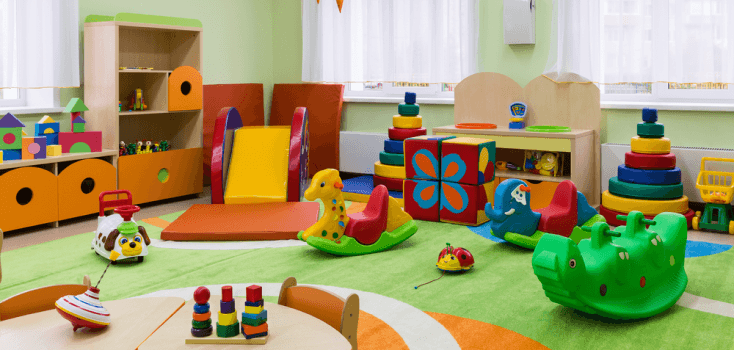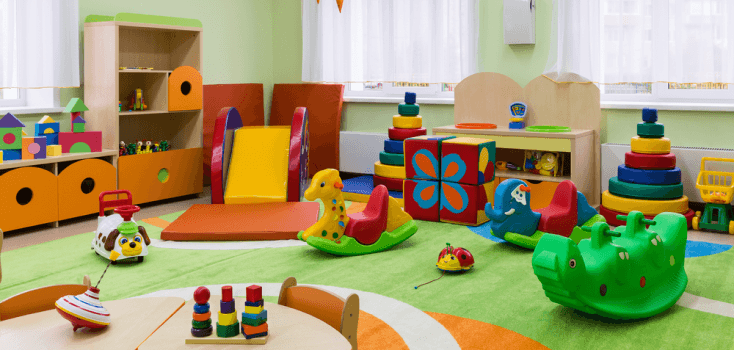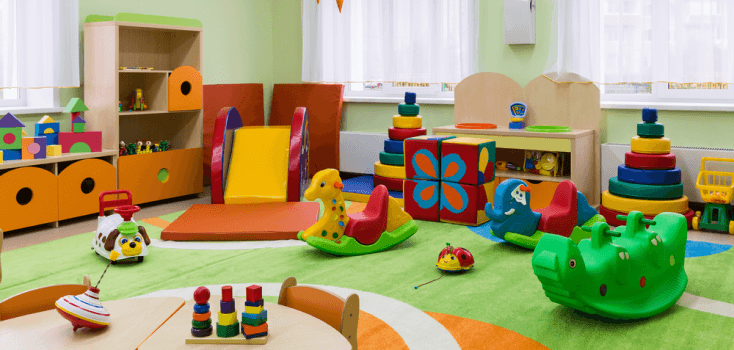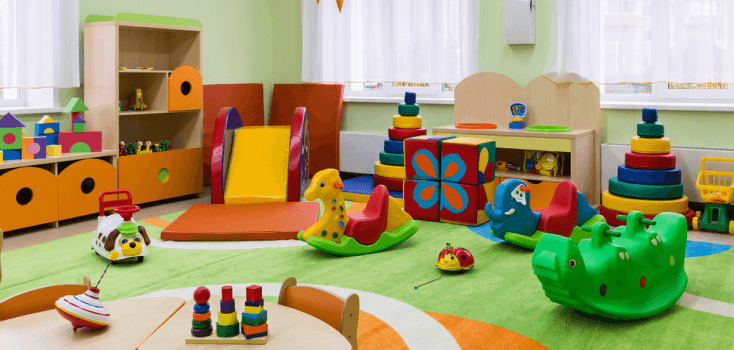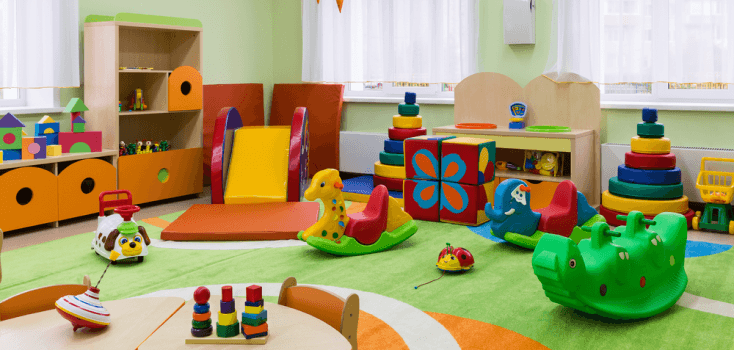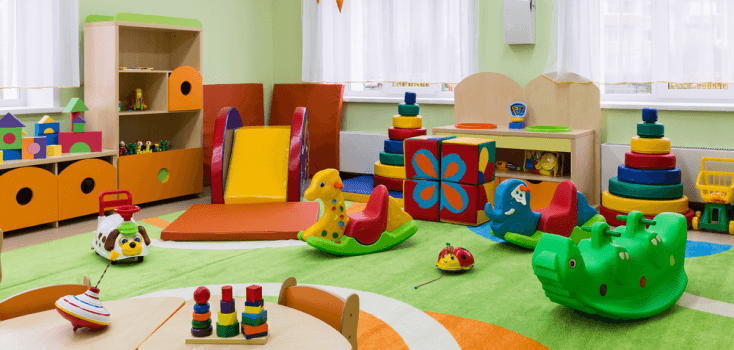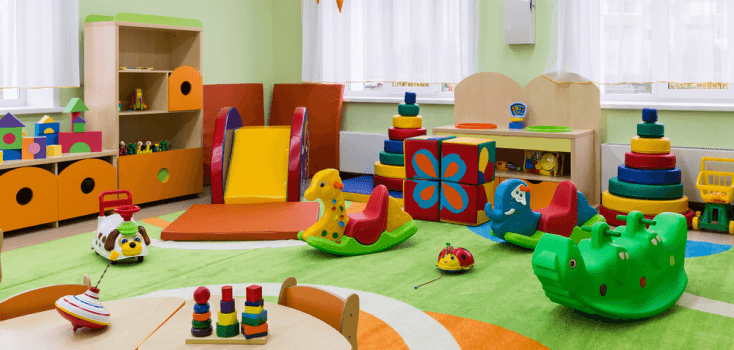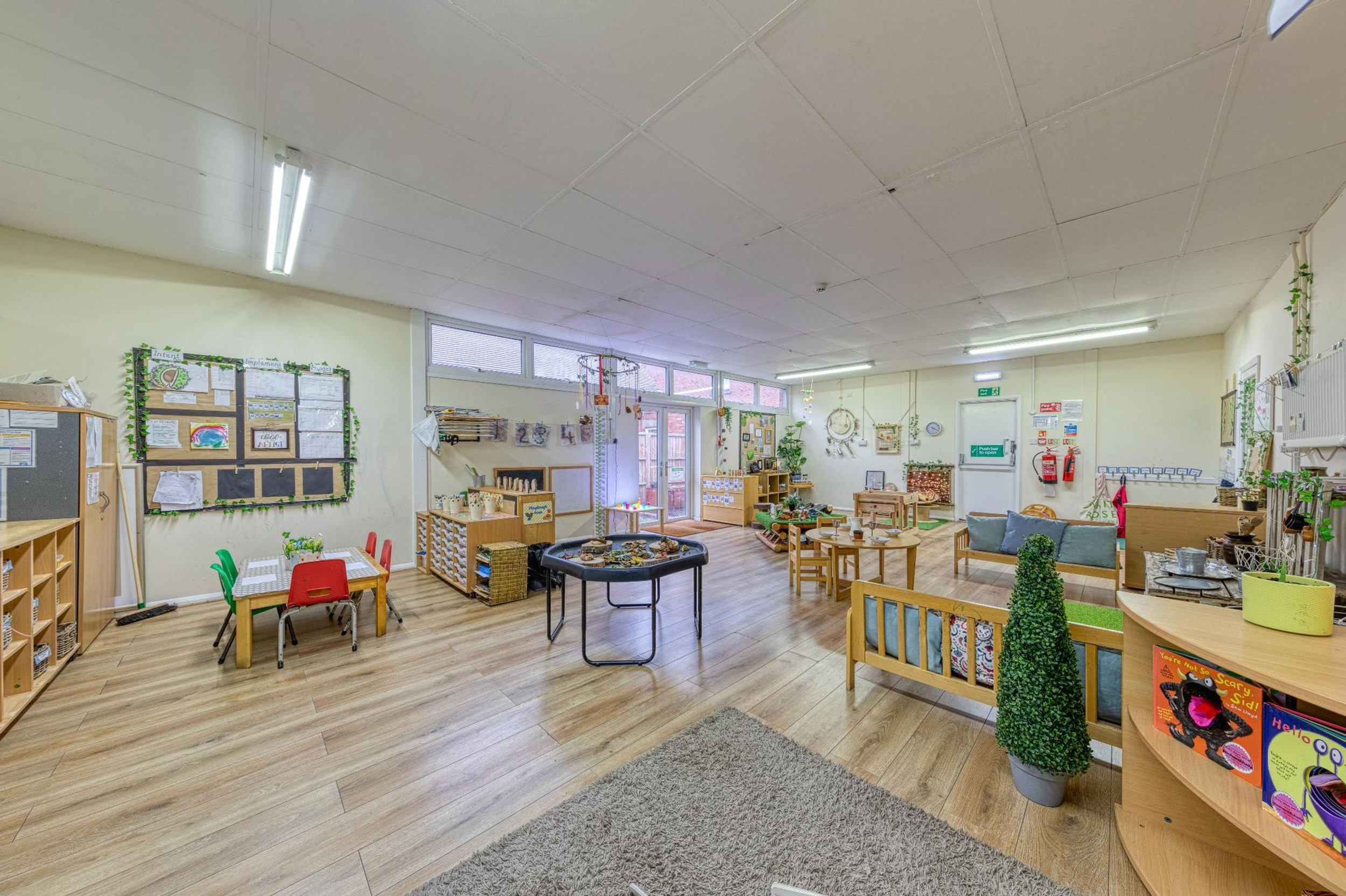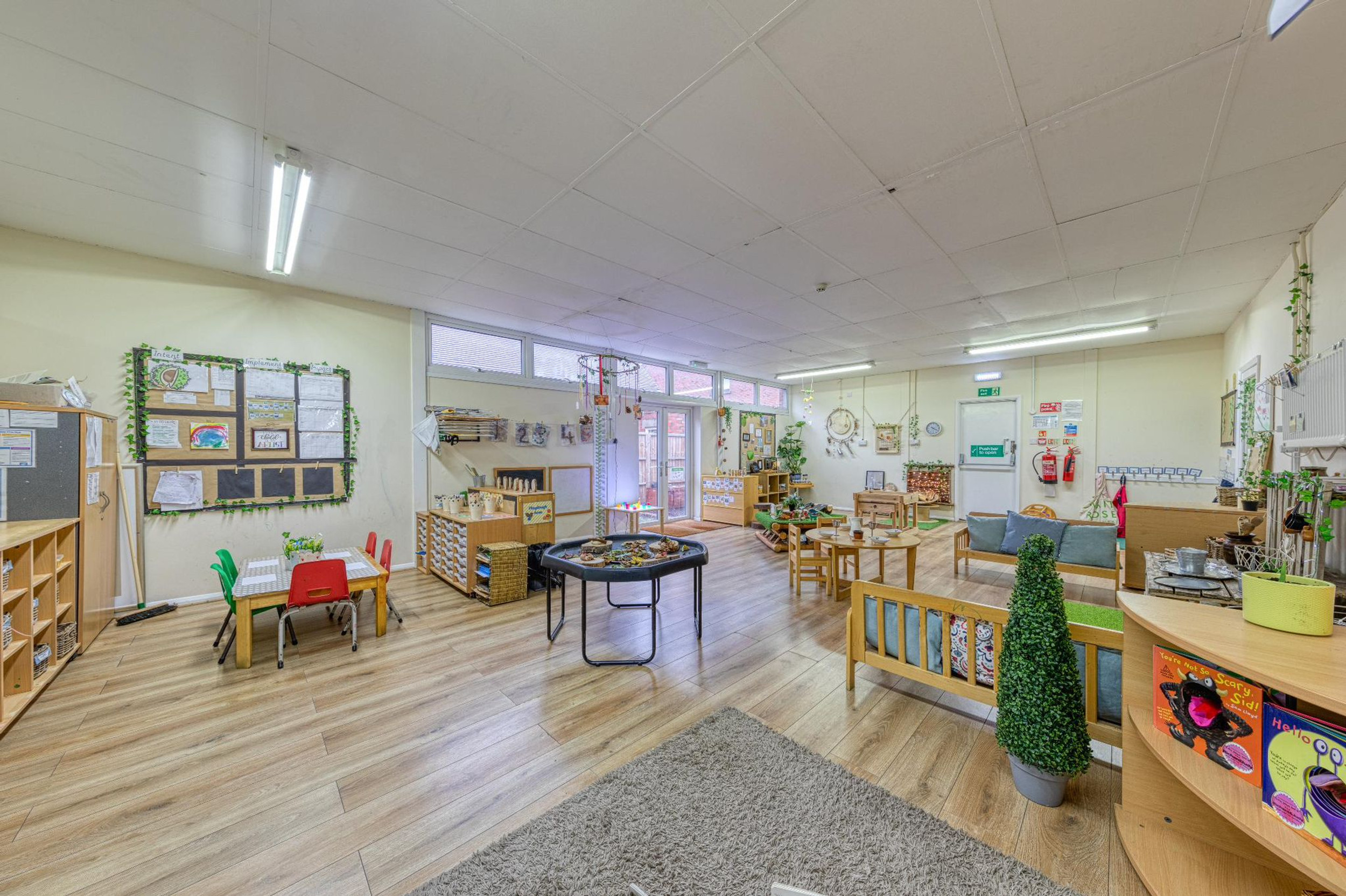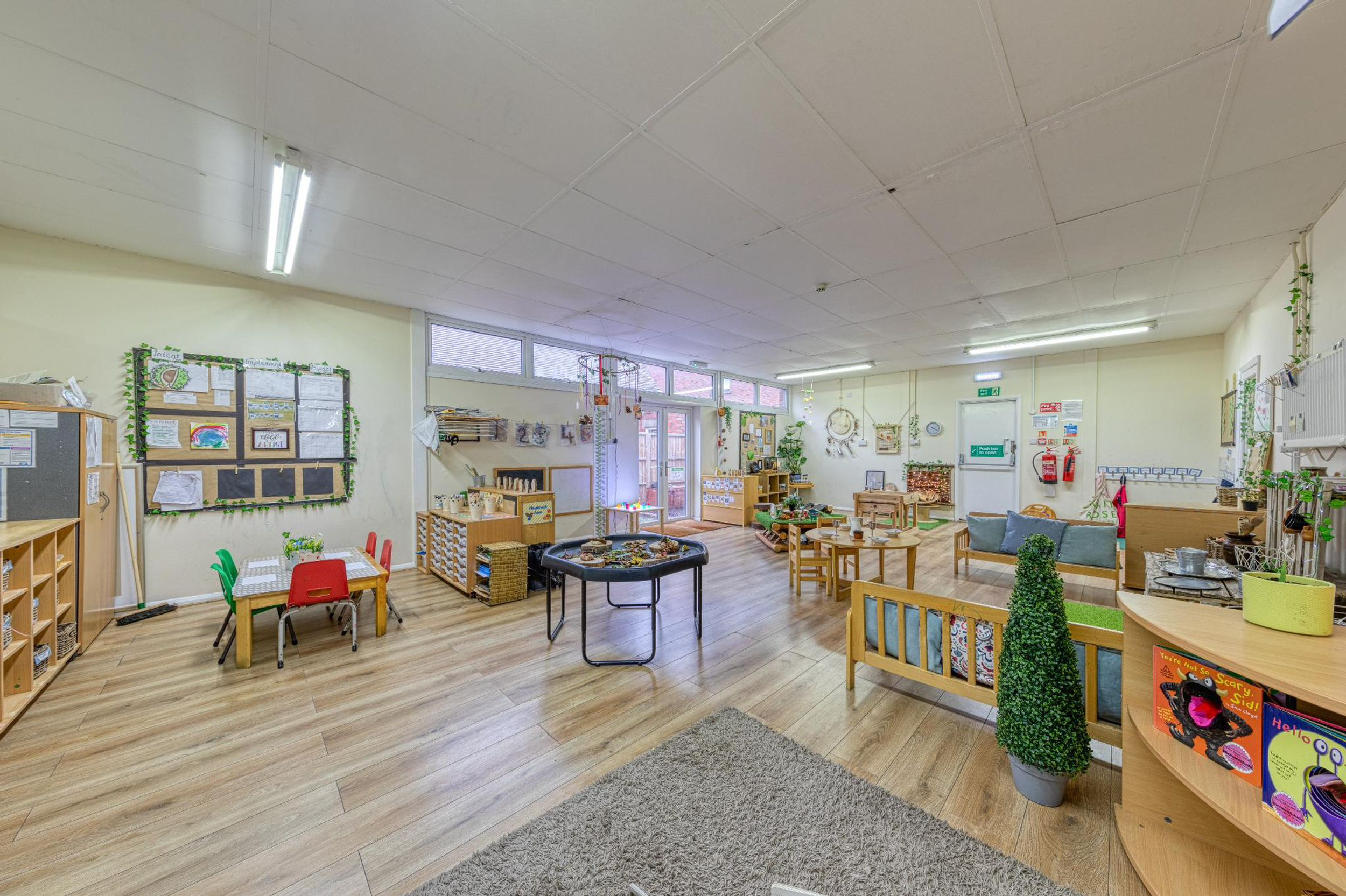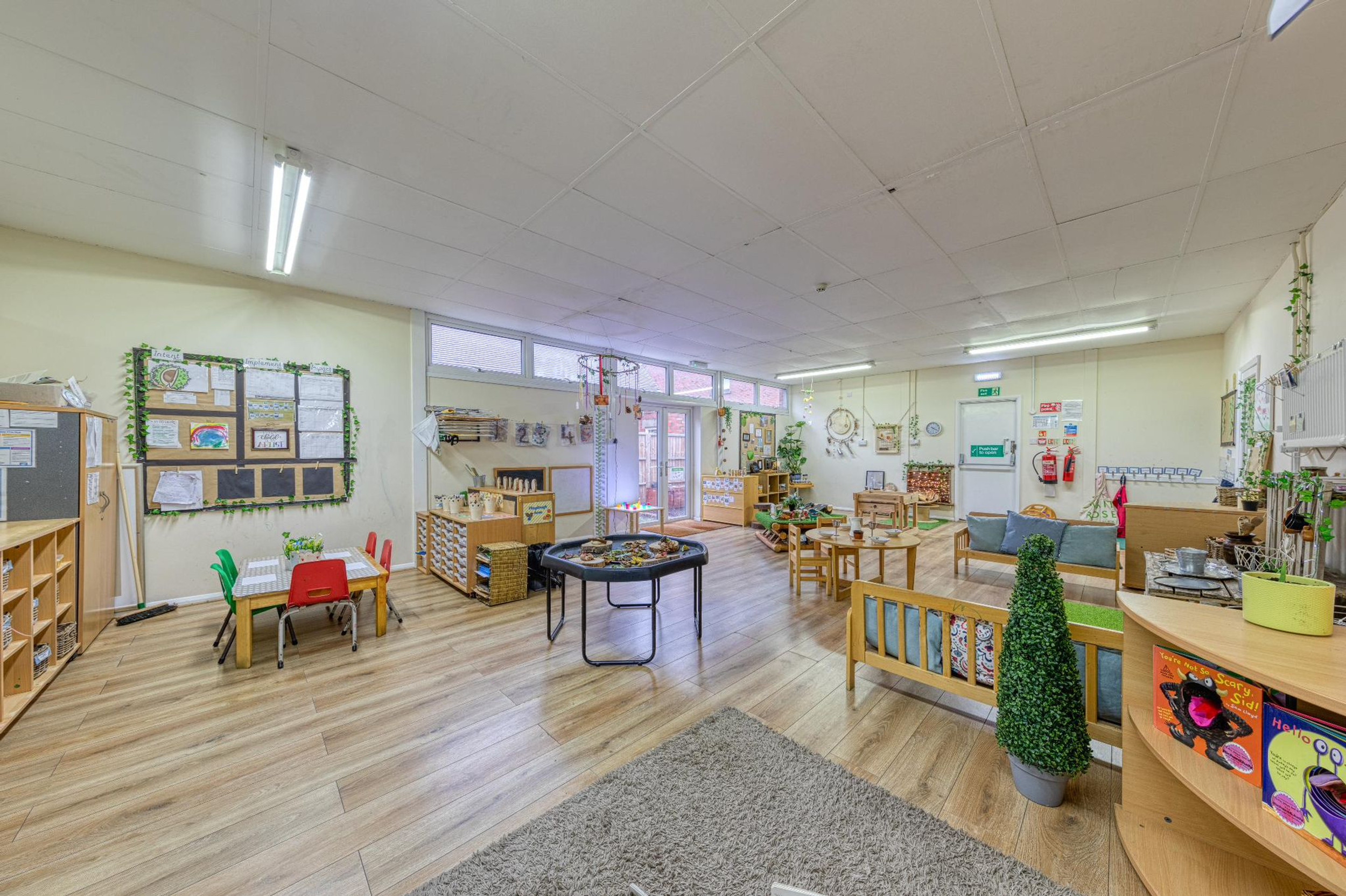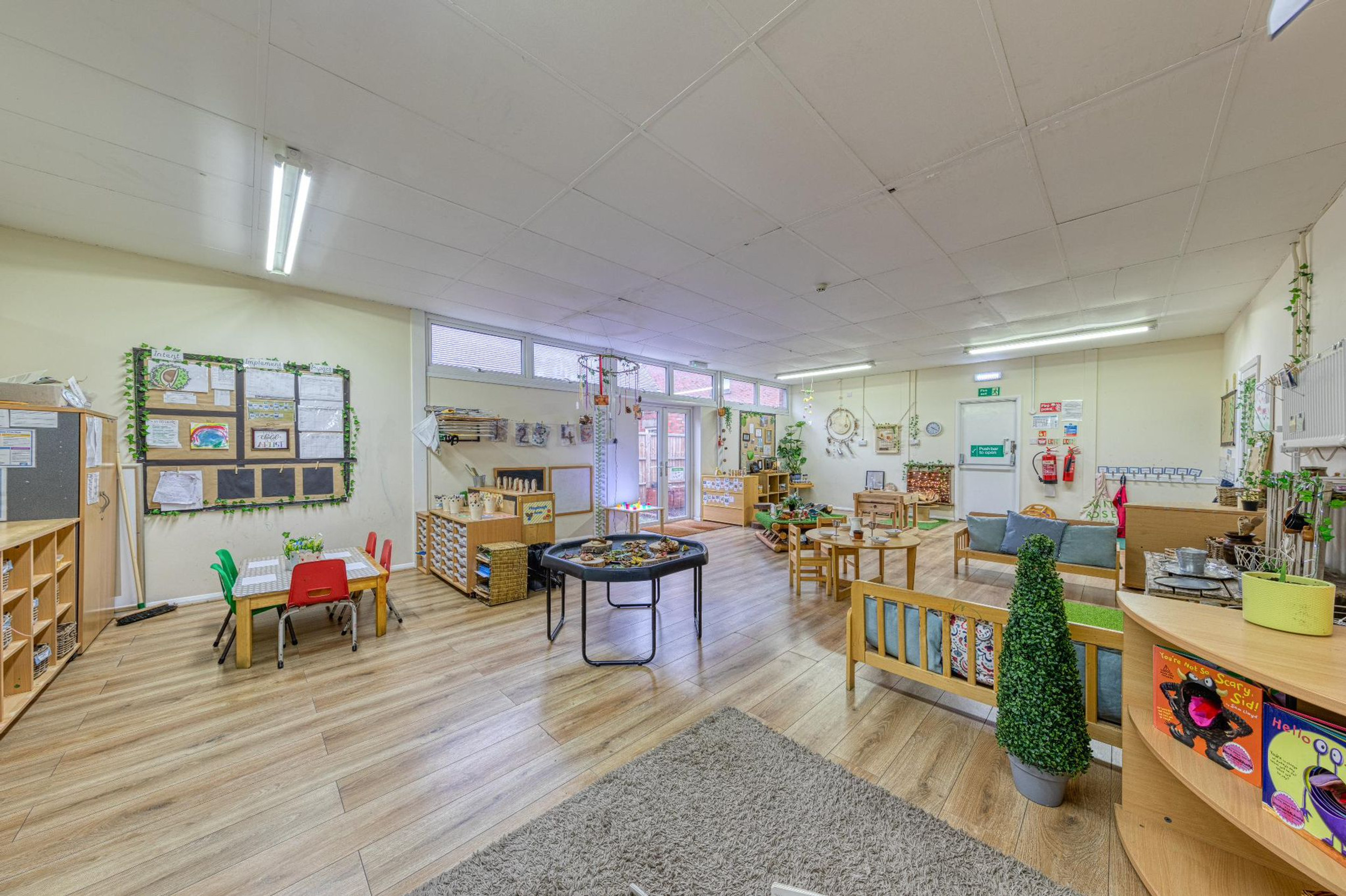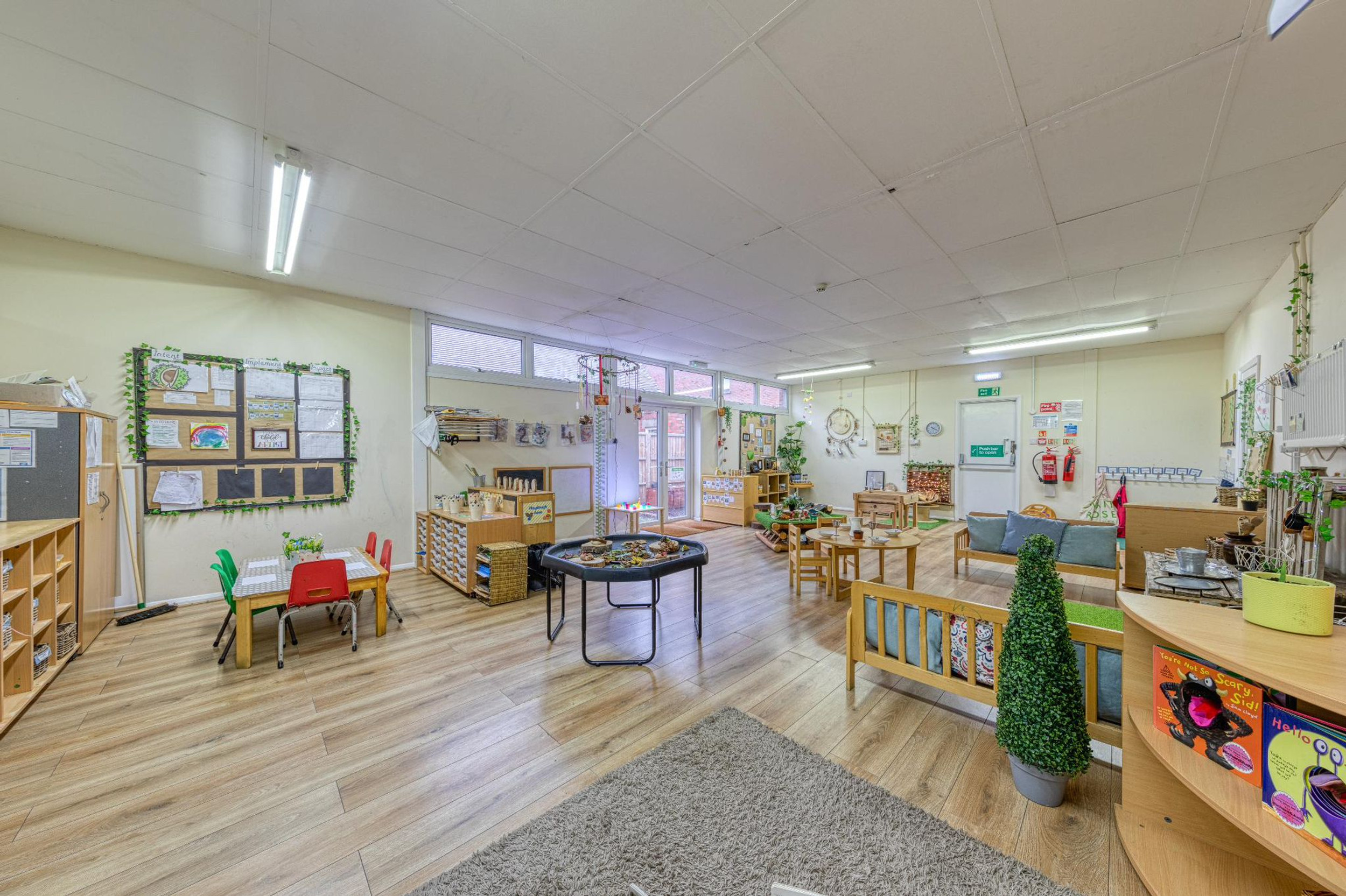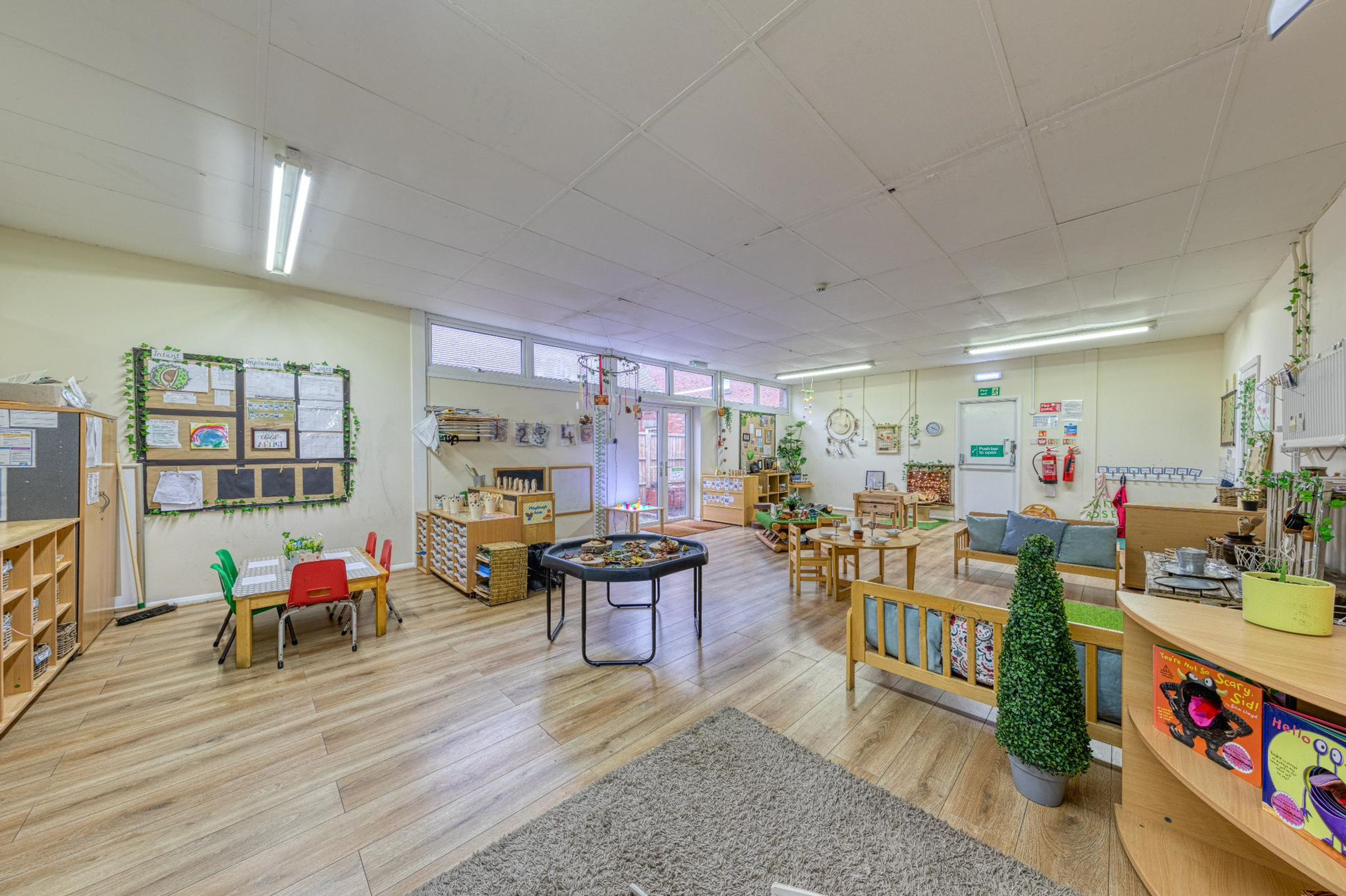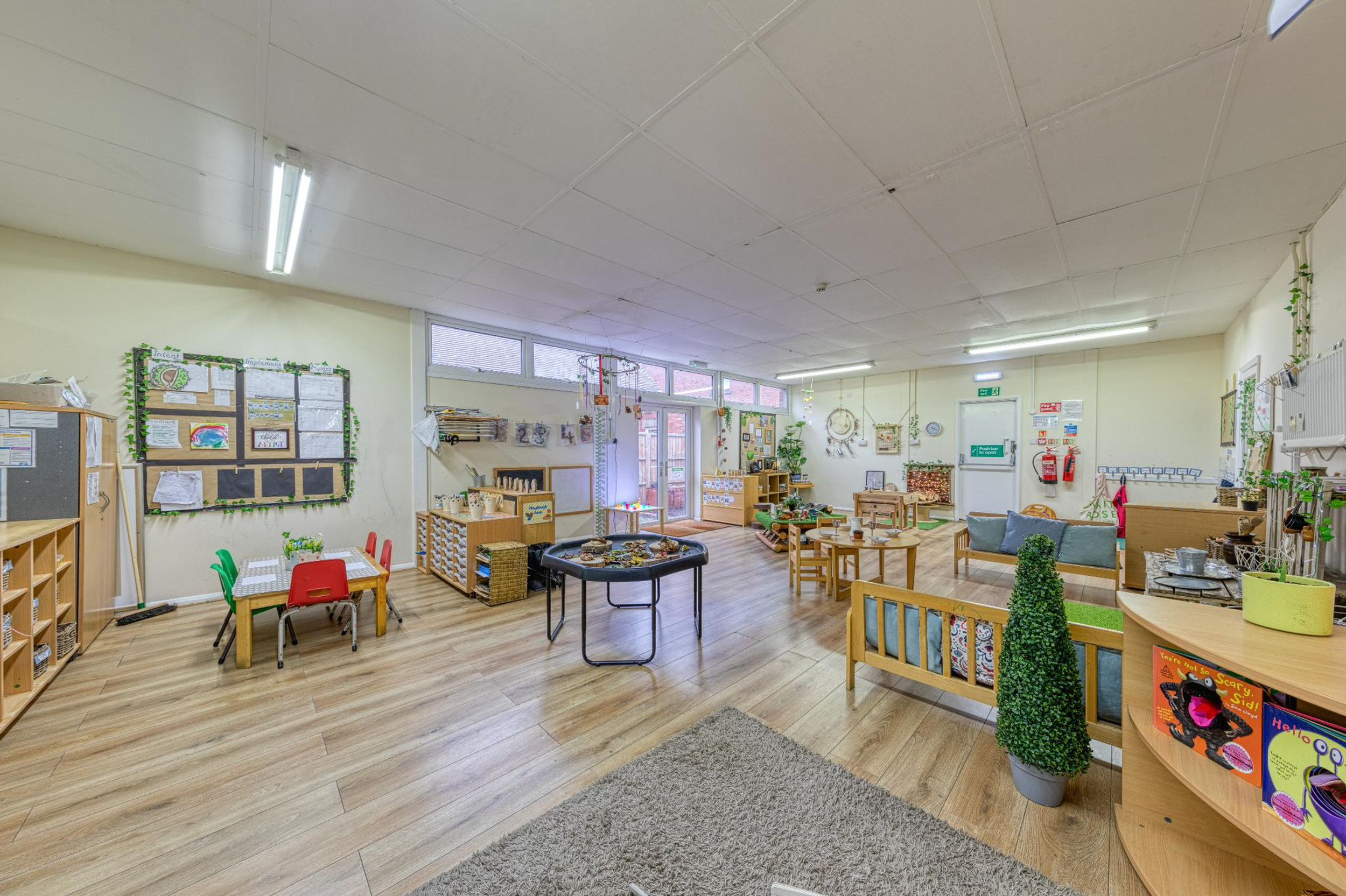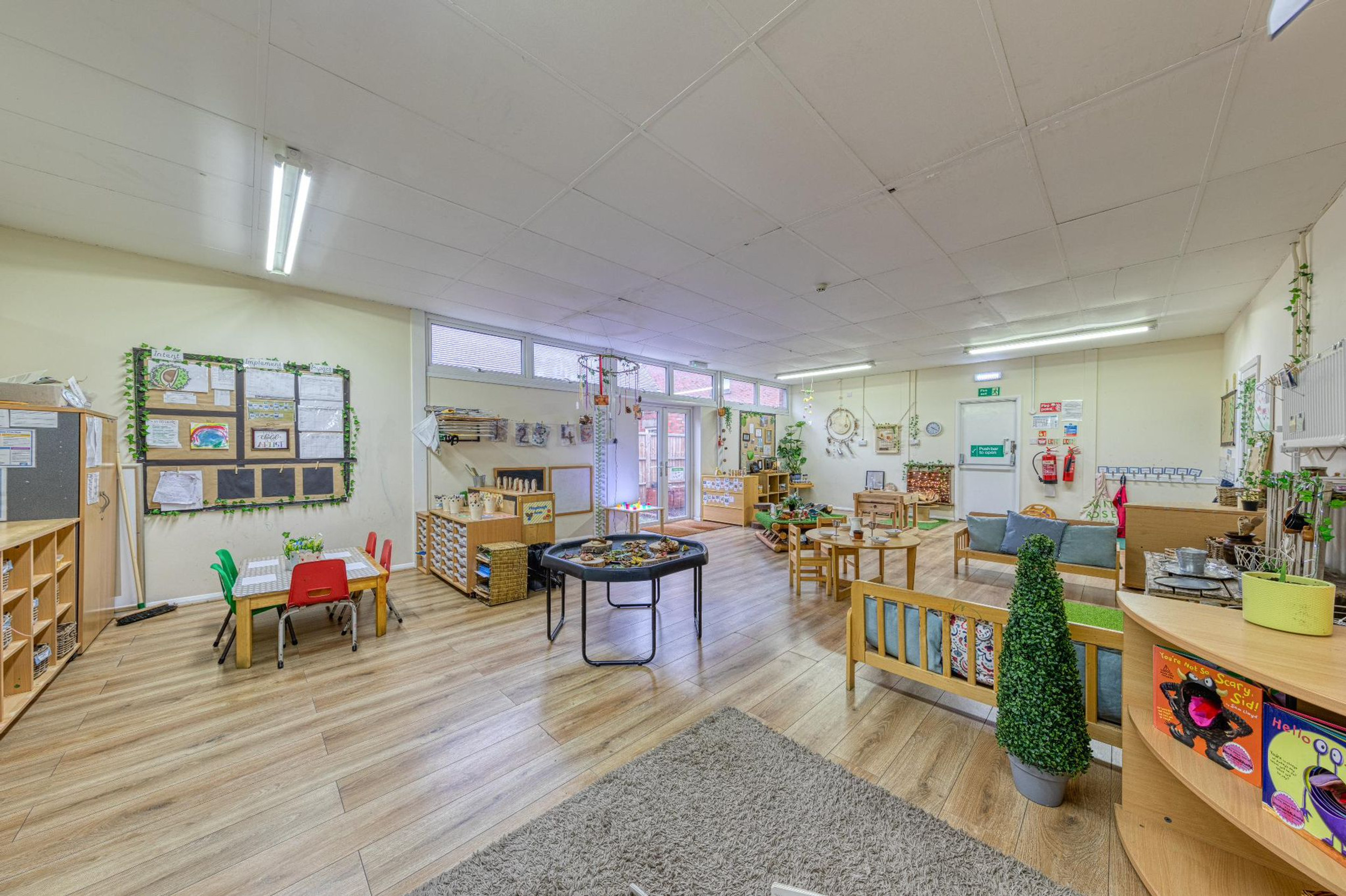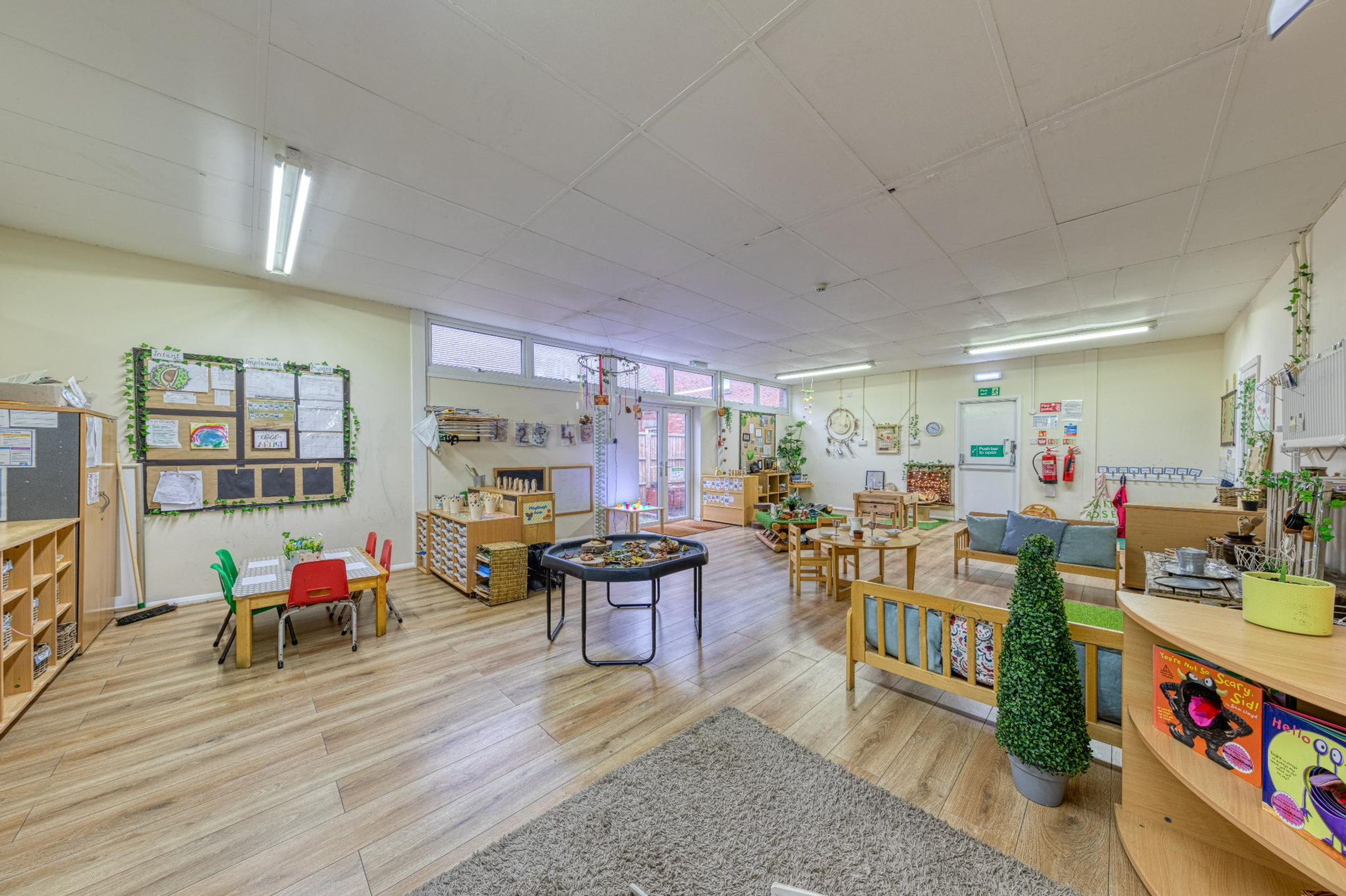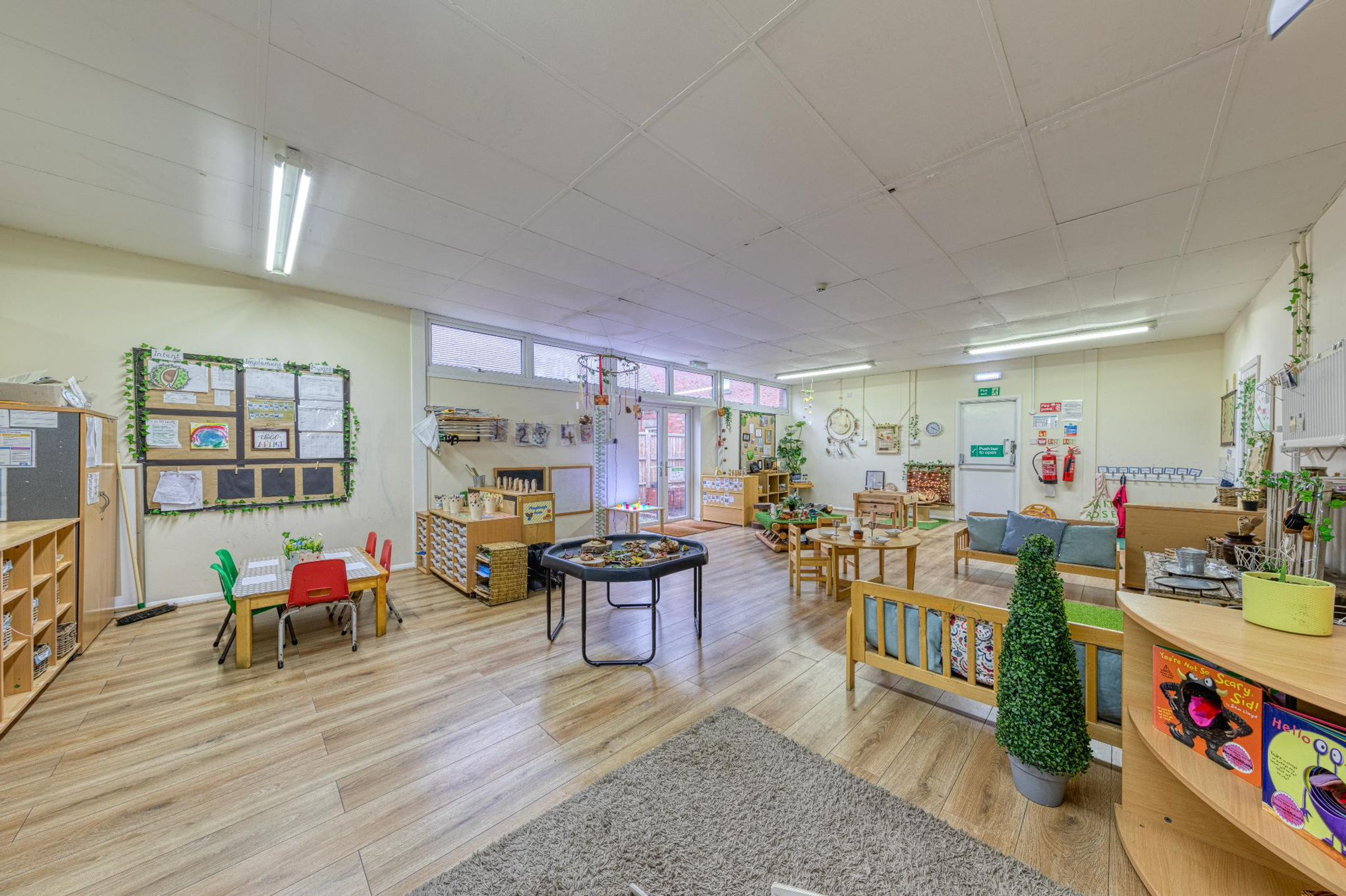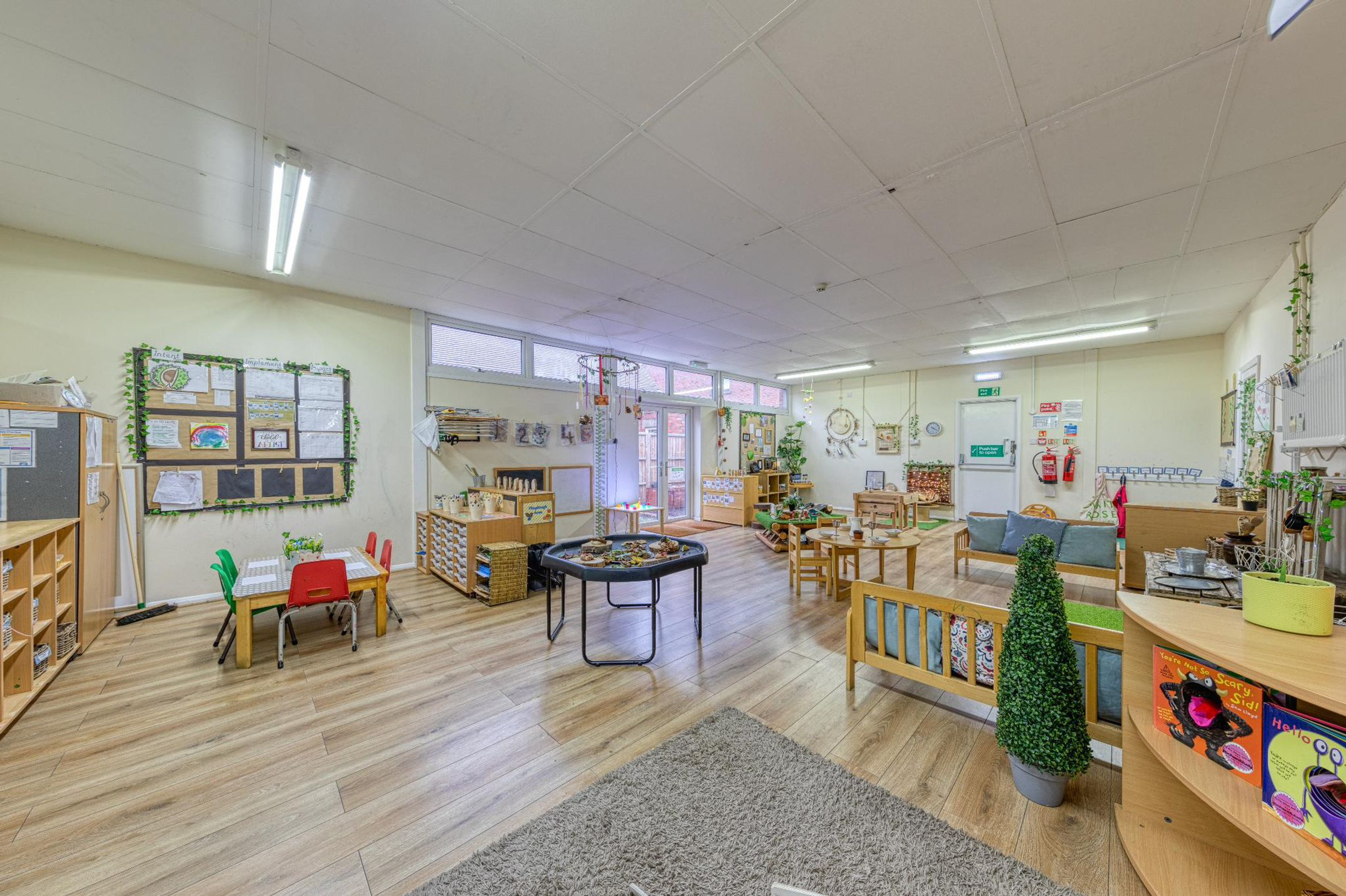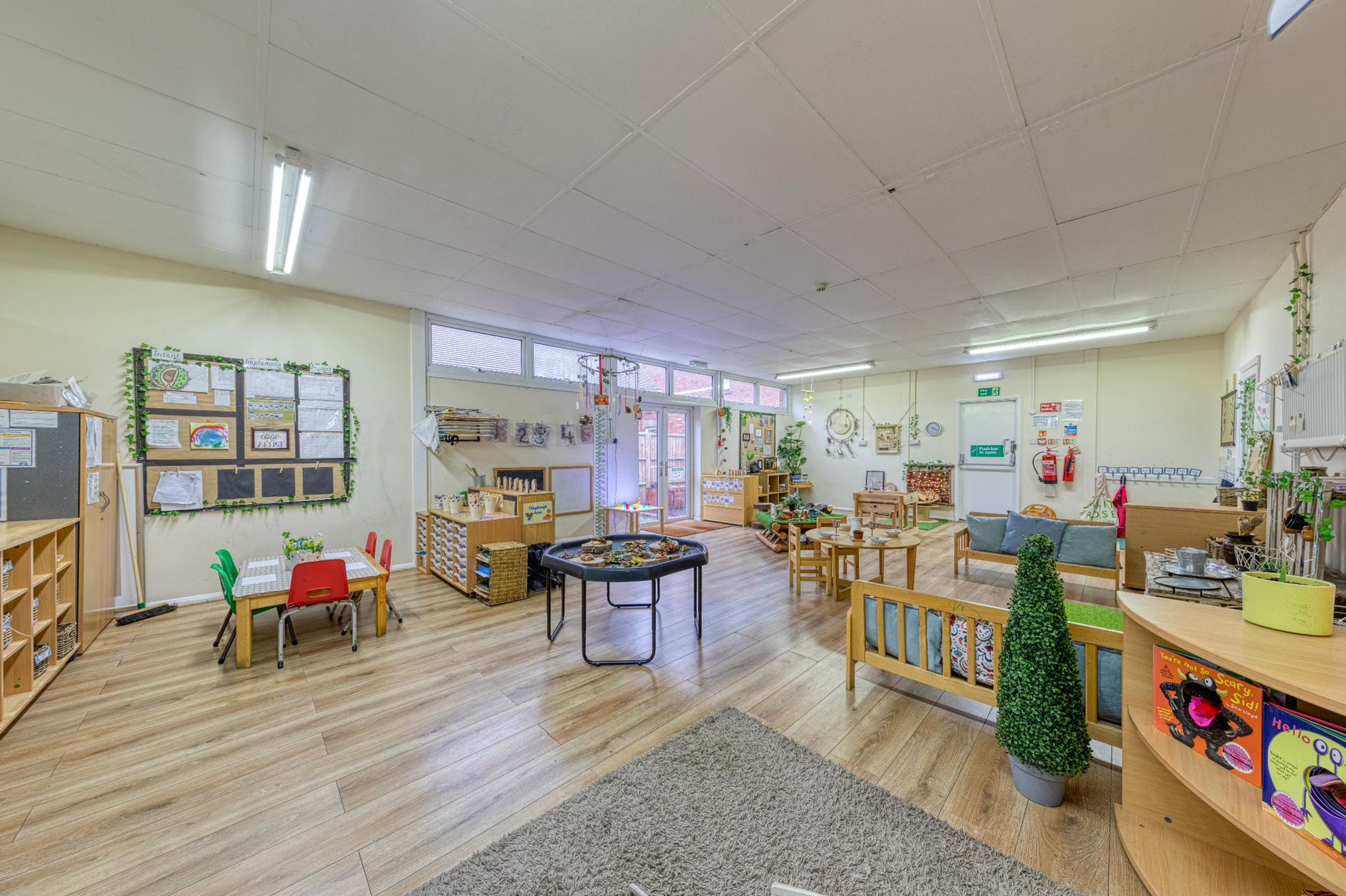Private Nursery vs. Maintained Nursery Insurance: Coverage Differences
The childcare sector in the UK operates through two distinct models: private nurseries and maintained nurseries. While both serve the crucial role of early childhood education and care, their operational structures, funding mechanisms, and regulatory frameworks create significantly different insurance requirements. Understanding these coverage differences is essential for nursery owners, operators, and stakeholders to ensure adequate protection against the unique risks each model faces.
Understanding the Fundamental Differences
Private Nurseries: Independent Operations
Private nurseries operate as independent businesses, typically structured as limited companies, partnerships, or sole proprietorships. These facilities generate revenue through parent fees, government funding for eligible children, and additional services. Private nurseries have complete autonomy over their operations, including staffing decisions, curriculum choices, fee structures, and facility management.
The independence that defines private nurseries also creates comprehensive insurance responsibilities. As standalone businesses, private nurseries must secure their own insurance coverage across all operational areas, from property protection to professional liability. This self-reliance extends to claims management, premium payments, and policy renewals.
Maintained Nurseries: Local Authority Framework
Maintained nurseries operate within the local authority education system, receiving direct funding and administrative support from councils. These facilities often form part of primary schools or children's centres, benefiting from established educational infrastructure and resources. Maintained nurseries follow local authority policies for staffing, curriculum delivery, and operational procedures.
The local authority connection provides maintained nurseries with institutional insurance coverage, typically through comprehensive policies that cover multiple facilities and services. This umbrella approach offers certain advantages but also creates limitations in coverage customization and claims control.
Property Insurance: Ownership vs. Occupancy
Private Nursery Property Coverage
Private nurseries require comprehensive property insurance covering buildings, contents, and specialized equipment. Building insurance protects the physical structure against fire, flood, storm damage, and other perils. For nurseries operating in owned premises, this coverage includes structural repairs, rebuilding costs, and temporary accommodation expenses during restoration.
Contents insurance for private nurseries encompasses educational materials, playground equipment, furniture, technology systems, and administrative assets. The specialized nature of nursery equipment, including safety-certified play structures, educational resources, and child-specific furniture, requires adequate sum insured levels to ensure full replacement costs.
Private nurseries also need coverage for outdoor play areas, including fixed playground equipment, safety surfacing, and perimeter fencing. These assets face unique risks from weather damage, vandalism, and wear from intensive use by children.
Maintained Nursery Property Arrangements
Maintained nurseries typically operate under local authority property insurance arrangements, where the council maintains building insurance for all educational facilities. This coverage usually includes structural protection, maintenance responsibilities, and major repair costs.
However, maintained nurseries may need separate contents insurance for items not covered under local authority policies. Personal equipment, specialized educational materials purchased independently, and fundraising assets often require additional coverage. The distinction between council-owned and nursery-owned assets can create coverage gaps if not properly addressed.
Local authority property insurance may also have limitations on coverage for improvements or modifications made by the nursery. Enhanced security systems, specialized equipment installations, or facility upgrades might need separate insurance consideration.
Professional Indemnity: Educational Responsibilities
Private Nursery Professional Liability
Private nurseries face comprehensive professional indemnity requirements covering educational negligence, duty of care breaches, and professional advice claims. These policies protect against allegations of inadequate supervision, inappropriate curriculum delivery, or failure to meet developmental milestones.
Professional indemnity for private nurseries extends to staff training adequacy, safeguarding procedures, and special educational needs support. Claims might arise from parents alleging insufficient attention to learning difficulties, inappropriate behavioral management, or failure to identify developmental concerns.
The independent nature of private nurseries means they bear full responsibility for professional standards, staff competency, and educational outcomes. Professional indemnity insurance must cover legal defense costs, compensation payments, and reputation management expenses.
Maintained Nursery Professional Coverage
Maintained nurseries often benefit from local authority professional indemnity coverage, which typically includes educational negligence protection for staff operating within approved policies and procedures. This coverage usually extends to curriculum delivery, assessment practices, and special educational needs support.
However, maintained nursery staff may need individual professional indemnity coverage for activities outside local authority policies or for personal liability exposure. Private tutoring, consultancy work, or independent educational advice might require separate professional insurance.
The local authority framework provides some protection through established policies and procedures, but individual staff members may still face personal liability for actions outside approved guidelines or for gross negligence situations.
Public Liability: Visitor and Child Safety
Private Nursery Public Liability Scope
Private nurseries require comprehensive public liability insurance covering all visitors, including children, parents, contractors, and delivery personnel. This coverage protects against injury claims arising from slips, trips, falls, or accidents on nursery premises.
Child-specific public liability considerations include playground accidents, food allergies, medication errors, and supervision failures. Private nurseries must ensure adequate coverage limits to handle serious injury claims, which can result in substantial compensation awards.
The coverage extends to off-site activities, including educational visits, outdoor learning sessions, and community events. Private nurseries organizing trips or activities away from their premises need public liability protection for these extended operations.
Maintained Nursery Public Liability Framework
Maintained nurseries typically operate under local authority public liability coverage, which usually provides comprehensive protection for approved activities and standard operations. This coverage often includes higher policy limits due to the local authority's broader risk exposure.
However, maintained nurseries may need additional public liability coverage for fundraising events, private functions, or activities outside normal educational operations. The local authority policy might exclude certain activities or require separate authorization for enhanced risk events.
Staff personal liability for actions outside their employment duties may not be covered under local authority policies, potentially requiring individual public liability insurance for certain situations.
Employers Liability: Staff Protection Differences
Private Nursery Employment Responsibilities
Private nurseries bear full employers liability responsibilities for all staff members, including permanent employees, temporary workers, and volunteers. This coverage protects against workplace injury claims, occupational health issues, and employment-related accidents.
The childcare environment creates specific employers liability risks, including back injuries from lifting children, stress-related conditions from challenging behavior management, and injuries from playground supervision duties. Private nurseries must ensure adequate coverage for these sector-specific risks.
Staff training, health and safety procedures, and workplace risk assessments become crucial factors in employers liability claims. Private nurseries need coverage that supports proper risk management while protecting against claims arising from workplace incidents.
Maintained Nursery Employment Framework
Maintained nurseries typically operate under local authority employers liability coverage, which usually provides comprehensive protection for all educational staff. This coverage often includes occupational health support, rehabilitation services, and return-to-work programs.
The local authority framework typically provides robust employers liability protection, including coverage for stress-related conditions, workplace injuries, and occupational diseases. However, staff members working additional hours or taking on roles outside their employment contracts may need separate consideration.
Volunteer workers and parent helpers may require specific employers liability coverage, as their status might not be automatically covered under standard local authority policies.
Cyber Insurance: Data Protection Responsibilities
Private Nursery Cyber Risks
Private nurseries handle extensive personal data, including child records, parent information, staff details, and financial data. Cyber insurance for private nurseries must cover data breach response, regulatory fines, and business interruption from cyber incidents.
The independent nature of private nurseries means they bear full responsibility for data protection compliance, including GDPR requirements, data security measures, and breach notification procedures. Cyber insurance must support these responsibilities with appropriate coverage limits and response services.
Private nurseries using cloud-based systems, online payment platforms, and digital communication tools face evolving cyber risks requiring specialized insurance protection. The coverage must address both technology failures and malicious cyber attacks.
Maintained Nursery Cyber Framework
Maintained nurseries typically benefit from local authority cyber insurance coverage, which usually includes comprehensive data protection support and regulatory compliance assistance. This coverage often provides access to specialist cyber response teams and legal support.
However, maintained nurseries may need separate cyber coverage for systems or data not covered under local authority policies. Independent websites, private communication systems, or fundraising platforms might require additional cyber protection.
The local authority framework typically provides robust cyber security support, but individual nurseries may need specific coverage for activities outside standard educational operations.
Business Interruption: Operational Continuity
Private Nursery Business Interruption
Private nurseries require comprehensive business interruption coverage protecting against income loss from various causes, including property damage, staff illness, regulatory closure, and supply chain disruption. This coverage must account for the seasonal nature of nursery operations and varying income streams.
The coverage should include additional expenses for temporary premises, alternative childcare arrangements, and accelerated reopening costs. Private nurseries may also need coverage for loss of government funding during closure periods.
Business interruption for private nurseries must consider the impact on working parents, who may seek alternative childcare arrangements if closures extend beyond reasonable periods. This creates pressure for rapid reopening and additional expense coverage.
Maintained Nursery Continuity Support
Maintained nurseries typically receive business continuity support through local authority arrangements, which may include alternative premises, temporary staffing, and operational assistance during disruptions.
However, maintained nurseries may still need specific business interruption coverage for income streams not covered by local authority support, such as private fee income, fundraising activities, or additional services.
The local authority framework typically provides stronger business continuity support, but individual nurseries may need coverage for specific operational aspects or enhanced service levels.
Regulatory and Compliance Coverage
Private Nursery Regulatory Responsibilities
Private nurseries face comprehensive regulatory compliance requirements, including Ofsted registration, health and safety standards, and safeguarding procedures. Insurance coverage must support these responsibilities with appropriate legal expense protection and compliance assistance.
Regulatory defense coverage becomes crucial when private nurseries face Ofsted investigations, local authority inquiries, or other regulatory challenges. The coverage should include legal representation, expert witness costs, and administrative support during regulatory proceedings.
Private nurseries may also need coverage for regulatory fines and penalties, although some regulatory actions may be excluded from insurance coverage depending on the circumstances involved.
Maintained Nursery Regulatory Framework
Maintained nurseries typically receive regulatory compliance support through local authority arrangements, which usually include legal assistance, policy guidance, and representation during regulatory proceedings.
However, maintained nurseries may still need specific coverage for regulatory issues outside local authority support or for individual staff member regulatory challenges. Professional registration requirements and individual accountability may require separate insurance consideration.
Claims Management: Control and Support
Private Nursery Claims Control
Private nurseries maintain direct control over insurance claims, including notification procedures, claims management decisions, and settlement negotiations. This control allows for tailored responses to specific incidents but requires internal expertise or professional support.
The independent claims management responsibility means private nurseries must develop internal procedures for incident reporting, evidence preservation, and stakeholder communication during claims situations.
Private nurseries may benefit from claims management support services, including 24-hour helplines, legal assistance, and specialist advice for complex claims situations.
Maintained Nursery Claims Framework
Maintained nurseries typically receive claims management support through local authority arrangements, which usually include specialist claims handlers, legal support, and established procedures for incident management.
However, maintained nurseries may have limited control over claims decisions and settlement negotiations, as these typically fall under local authority responsibility and procedures.
The local authority framework typically provides professional claims management support, but individual nurseries may need to adapt their operations to accommodate centralized claims procedures.
Cost Considerations and Budget Planning
Private Nursery Insurance Costs
Private nurseries bear full responsibility for insurance premium costs, which must be factored into fee structures and business planning. The comprehensive coverage requirements can represent a significant operational expense requiring careful budget management.
Premium costs for private nurseries vary based on factors including location, size, services offered, claims history, and risk management procedures. Effective risk management can help control premium costs while maintaining adequate coverage.
Private nurseries may benefit from insurance package deals, group schemes, or sector-specific programs designed to provide comprehensive coverage at competitive rates.
Maintained Nursery Cost Framework
Maintained nurseries typically receive insurance coverage through local authority arrangements, which may provide cost advantages through bulk purchasing and risk sharing across multiple facilities.
However, maintained nurseries may need to budget for additional insurance costs not covered by local authority arrangements, including enhanced coverage, specific risks, or individual requirements.
The local authority framework typically provides cost-effective insurance solutions, but individual nurseries may need to balance coverage adequacy with budget constraints for additional insurance needs.
Conclusion: Making Informed Coverage Decisions
The insurance requirements for private and maintained nurseries reflect their fundamental operational differences, with private nurseries requiring comprehensive independent coverage while maintained nurseries benefit from local authority umbrella arrangements. Understanding these differences enables nursery operators to make informed decisions about adequate protection while managing costs effectively.
Both models face similar underlying risks from childcare operations, but their insurance solutions must align with their operational structures, regulatory frameworks, and financial arrangements. Private nurseries need comprehensive independent coverage with direct claims control, while maintained nurseries can leverage local authority support while addressing specific coverage gaps.
Effective insurance planning for both private and maintained nurseries requires regular review of coverage adequacy, risk management procedures, and cost optimization opportunities. Professional insurance advice becomes crucial for navigating the complex requirements and ensuring appropriate protection for all stakeholders.
The evolving childcare sector continues to create new insurance challenges and opportunities, making ongoing insurance review and adaptation essential for both private and maintained nurseries to maintain adequate protection while supporting their educational missions.


 0330 127 2333
0330 127 2333
